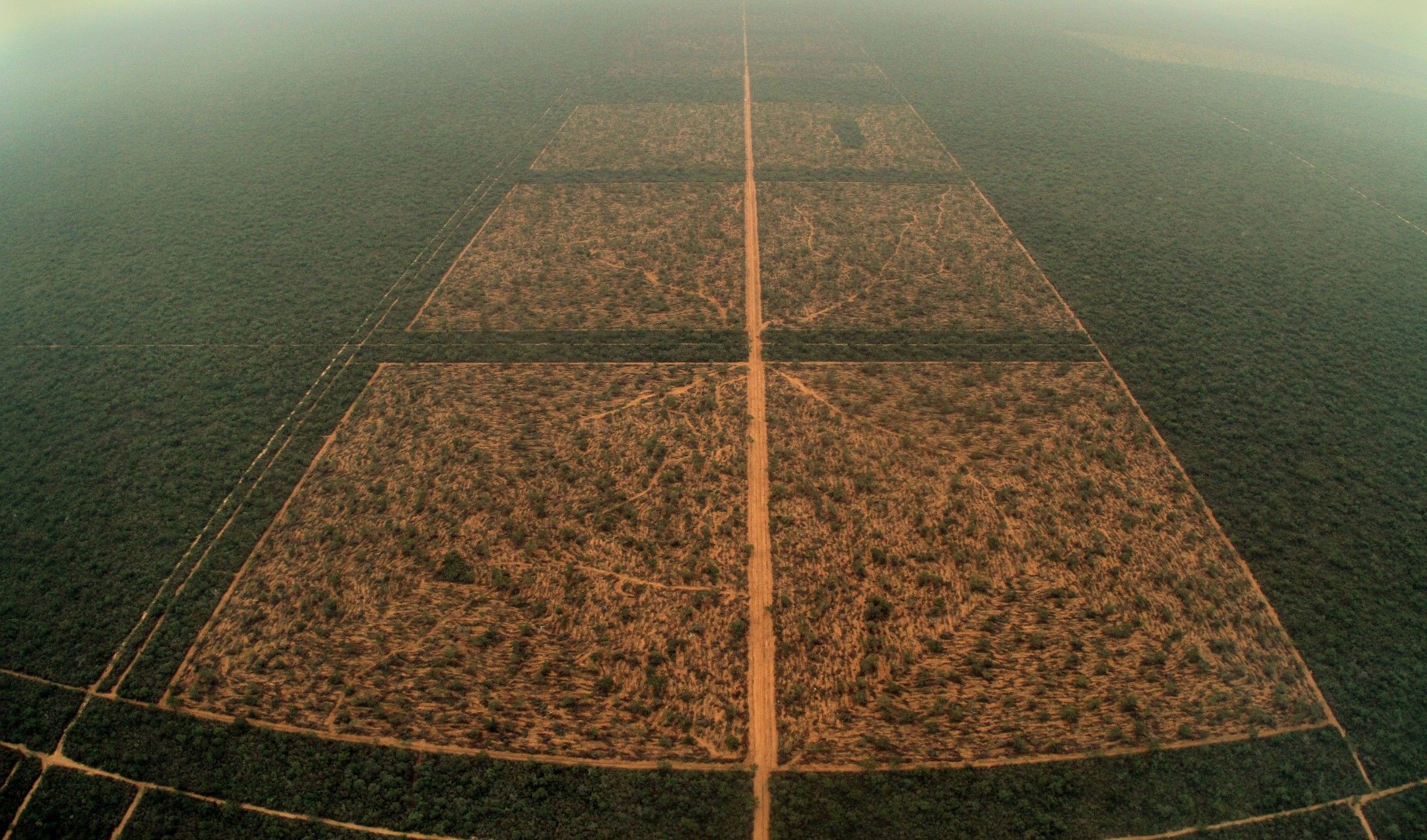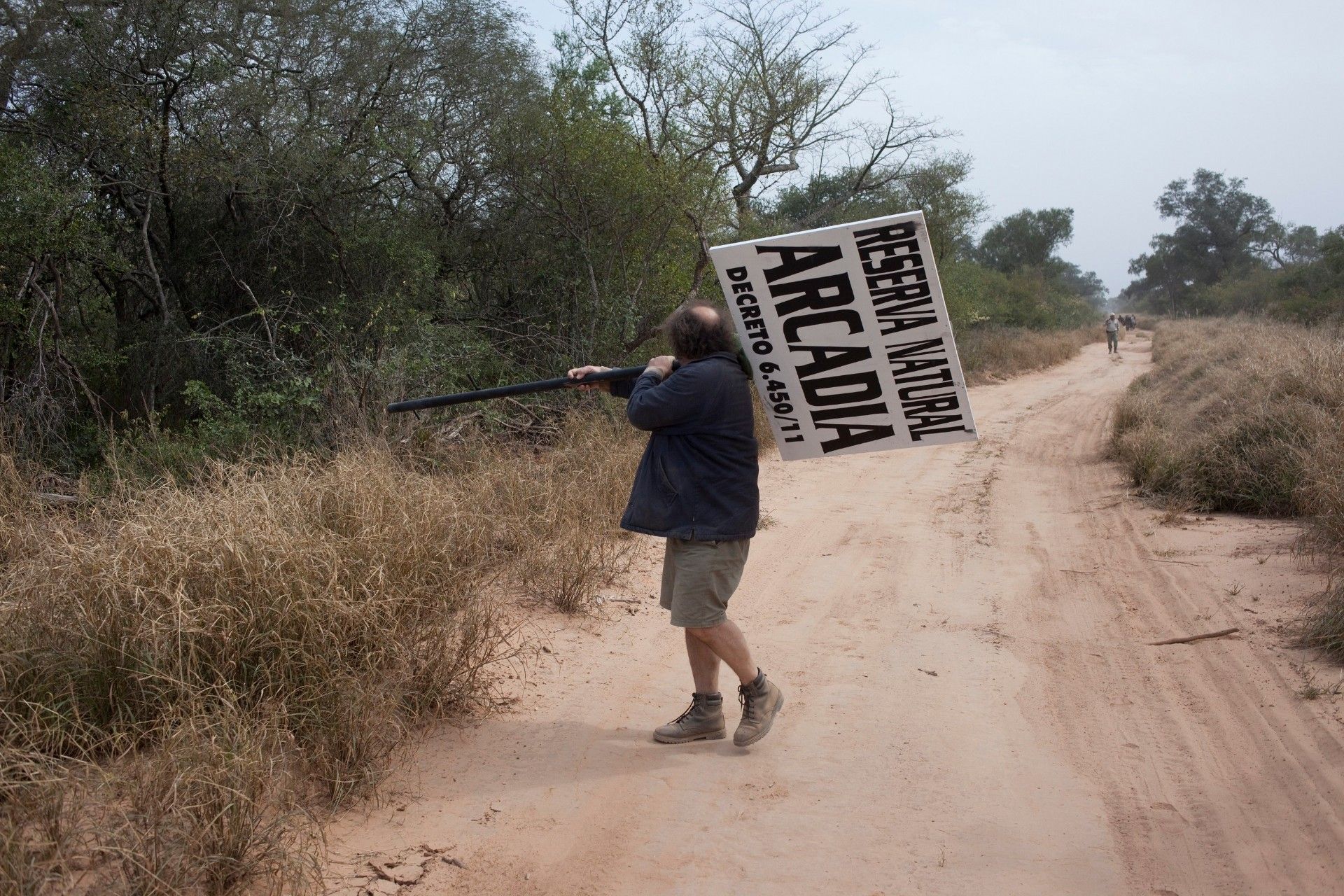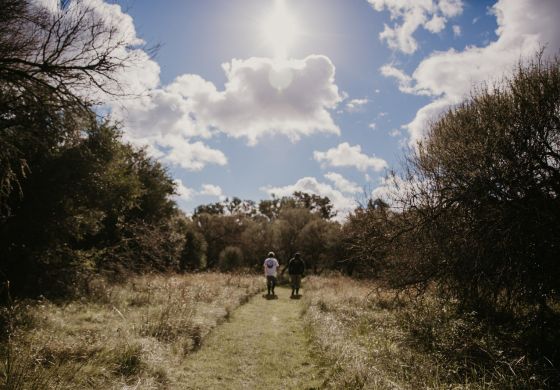Daniele Incalcaterra premiered the Chaco documentary, in which he gives an account of how businessmen and politicians collude so that he cannot return the lands of his father to the native peoples. A story that exemplifies the continent's great environmental problem.
What would happen if you were to receive an inheritance of hundreds of hectares in which they live and develop indigenous peoples that maintain the ecosystem in the heart of the paraguayan Chaco? How would you do so that they can go there and not be evicted?
The Italian Daniele Incalcaterra it occurred to him to create a natural reserve along the paraguayan state for the native people to recover its territory. And it did so through a decree signed by then-president Fernando Lugo. It would be the new Arcadia, a place where the population could live in communion with nature. In peace and with happiness, as do indigenous peoples when they have lands to become self-sufficient. But utopias are almost never -or never - fulfilled; almost always -or always - there are those who are responsible for not achieving them. And always - but always - are those who want an unequal world that privileges the business to life.
In this group of deniers of utopias are always coups and the large landowners, that although the word may seem old-fashioned, continue to exist. They face Daniele Incalcaterra in Paraguay: the coup that ousted former president Fernando Lugo, to the heirs of the business of the military dictatorship and the employer sojero brazilian Tranquilo Favero, who operates more than 160,000 hectares.
“The impeachment of Lugo made the decree that we had been given might have power. Paraguay is full of bureaucracy and politicians that do nothing to take care of the people, to aboriginal people in particular and the environment”, explains Incalcaterra the Journal Citric the main reason that forced him to film the documentary and it has, until now, without the power to take actual possession of the Natural Reserve of Arcadia, and much less, give it to the guarani Ñandevas, rightful owners of the forest.

“Favero is the largest exporter of soya and meat from Paraguay, is the owner of a large amount of hectares, and is part of the great entrepreneurs with powerful interests that are the cause of the deforestation of the planet”, presents Daniele Incalcaterra his enemy, a businessman who has declared, for example, that the Peasants Without Land “you have to give them sticks as the wife of the malandro.
“Represents the economic power and defends its interests that are clearly not our own,” adds the filmmaker. So sinister is Favero that in addition to destroying the forest completely as shown by the raw images of the documentary, also bought all the routes and all the roads and prevents you from getting to Incalcaterra to their lands, stating that you can't pass by private property. The reserve of the Italian was in the midst of thousands of hectares deforested by The “king of soy”.
As if that weren't enough to fight against The “king of soy” and a coup, Incalcaterra must also contend with the past of the dictatorship of Alfredo Stroesner, which awarded thousands of titles property to “false” in exchange for a few dollars: so, Favero built his empire and the indigenous peoples lost their land, but it also generated double-degrees, that is to say acres that belong to two different people and that never crossed in their lives. And of course, this is also the case that make up the Natural Reserve Arcadia. “The lands bought my dad but the deputy Manuel Romero-sold to a uruguayan, despite the fact that they already had an owner. This was a big problem because the heirs are in these lands and do not want to leave,” completes the picture Incalcaterra.

So with three battle fronts open and a fight against the windmills of the power, the archivist Italian was launched to film and tell the story. Because as a friend tells him in the film when Favero puts as a condition to let it pass by its roads to Arcadia without shooting “to you you'll take the land, but you're never going to tolerate that you take out the possibility of filming, is like that you start the life.” And that bet Incalcaterra, your history, your documentary stop sowing a grain of sand and another of conscience in defense of the forest and of life. For we know that if the lands back to us to whom the care, the respect and the know how to work, we may disappear.
“One of the problems of the world's largest is the relationship with nature, we are destroying our habitat, and that has an impact on our life. During these ten years, my relationship with the Chaco became more profound and I began to understand what is going on in the world. Therefore the material value of those lands in currency is much smaller compared to the immeasurable value that has the nature”, he contrasts his position Incalcaterra to that of Favero, for whom the revenues from the export of soybeans hold to Paraguay - although I generated some work, I used too many lands, I stopped in danger of extinction to many animals and destroy the environment - and give food to the world -although most of the grain exported from the soy not intended for direct feeding of human beings-.
“The world population in 40 years can reach up to 9 billion inhabitants we have to produce and produce. Produce more for less cost. There are two things that the rich and the poor can't stop doing: their physiological needs and to eat,” she says, Quiet Favero in the movie to Incalcaterra in a dialogue that condenses all the hypocrisy of the entrepreneur.
The film has an end, but the story continued after the final cut: “I recently got a call to judgment of the uruguayan insurance has found a political support or judicial order to make the reservation -he laments the director of “Chaco”- .When one touches the strong powers of the political and economic always runs risks. Now I'm quiet because I'm going to continue to maintain my position, I don't know how to end this, but the only risk is that the utopia that I thought go disappearing with the years.”
Utopias are almost never -or never - met, but almost always - or always - left planted a seed for further generations. “We are doing everything to move forward. I'm not afraid. I see how the little ones of primary demand solutions to power. We are now entering a path of no return and that is not only for Paraguay but for all”. Because it is always - but always - to kill the forest, kill animals and it kills the life. Because it is always - but always - give priority to the business to life is a bad economic decision for our future.

"In 60 years, there will be not a single hectare of forest left”
The damages caused by soybean farming, the extractive dependence model and open-pit mining are absent from the Argentina political agenda. Carlos Vicente, a member of Action for Biodiversity and also a member of Grain, warns us about the risks of not taking into account future generations.

Vaca Muerta, the new Argentinian tragedy
Behind the gas and oil reserves, the energy matrix change and the billions invested, the death toll keeps climbing. Argentina?s biggest mega-deposit of non-conventional hydrocarbons and the world?s second-largest shale gas deposit that could be a great opportunity to the country?s economy is, however, a profit for a few and a tragedy for the majority.

Rural teachers raise their voices against fumigation
They are rural teachers. They love what they do. However, since the industrialization of the agricultural sector, they have been routinely exposed to high levels of chemical pesticides. The use of glyphosate is threatening their schools, but these teachers don?t give up. They raise their voices and scream out: “Stop fumigating our children!”
